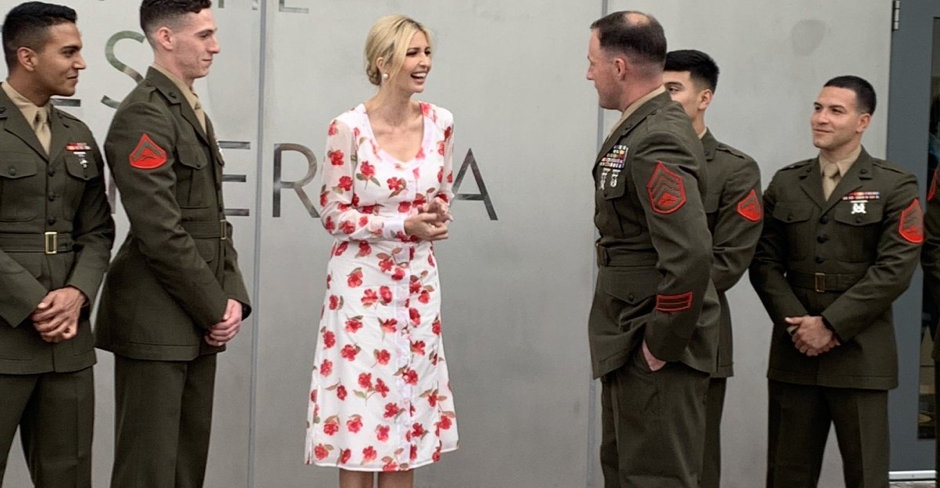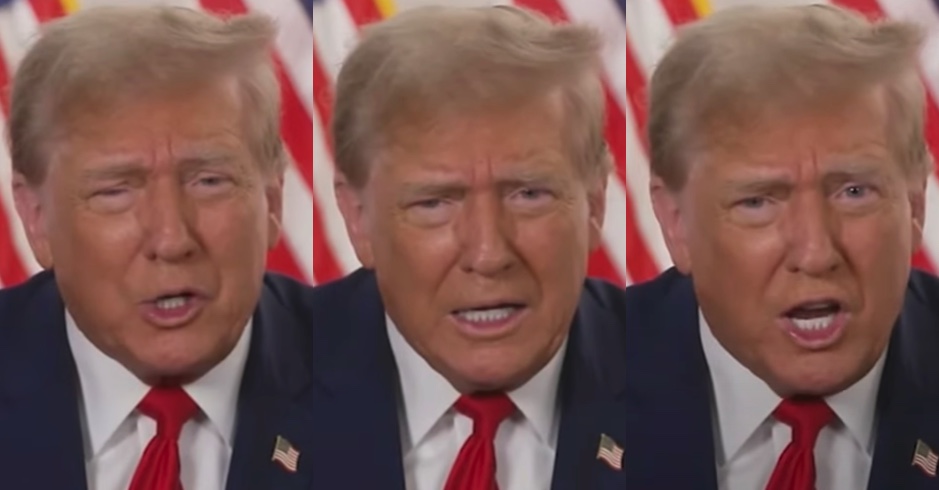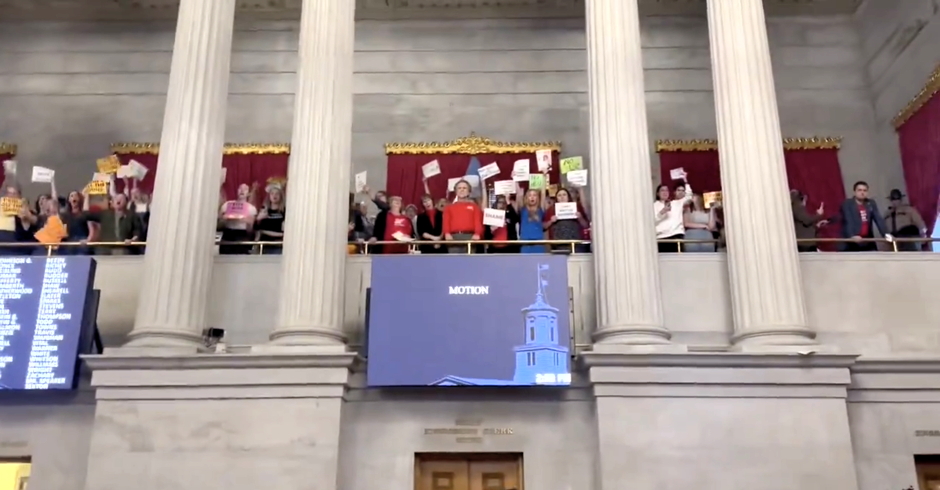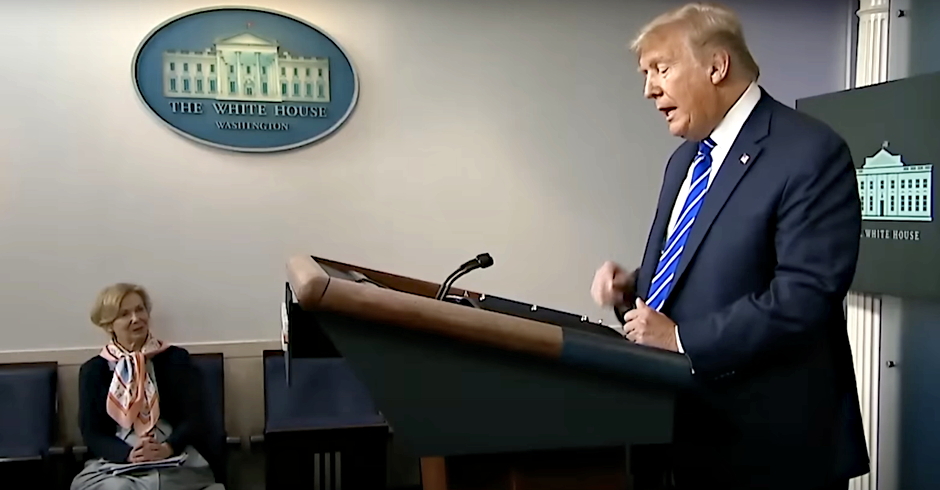News
‘When Does the Trial Start?’: Internet Explodes in Mockery as Ivanka Trump Tweets ‘En Route to the Hague!’

Twitter turned into a gleeful romp overnight after First Daughter and Advisor to the President Ivanka Trump announced the next leg of her European trip: The Hague.
En route to The Hague! 🇺🇸🇳🇱#GES2019
— Ivanka Trump (@IvankaTrump) June 5, 2019
To many in Europe perhaps hearing “The Hague” evokes the city in the Netherlands that is the seat of government.
But in the U.S., hearing “The Hague” immediately invokes the International Criminal Court, where people are tried for crimes against humanity. As a member of the Trump administration, some apparently believe that is an appropriate destination.
This tweet summed up what many seemed to be feeling:
Kidnapping and caging of children. Complicity in the murder of @washingtonpost journalist Khashoggi. Partnership with Putin in a cyber attack on the U.S. to influence the presidential election. Trump family crimes against humanity.
Let the trials begin.https://t.co/p7IXqQ0snm
— Mattison (@Mattison) June 5, 2019
Some more responses:
When does the trial start?
— Red™️ (@Redpainter1) June 5, 2019
She’s turning herself in!
— lukewarm takes (@antistuff) June 5, 2019
Perfect. When will Daddy be tried for crimes against humanity?
— Melisia (@melisianyc) June 5, 2019
What time does jury selection begin?
— Lisa Crocker (@LisaJCrocker) June 5, 2019
I knew those separated children would have justice! https://t.co/70xjbonvND
— Josline ☀☔ 🌈 (@jos_90) June 5, 2019
Finally! https://t.co/KN6UZYZ85s
— Calvin (@calvinstowell) June 5, 2019
Plead guilty and throw yourself on the mercy of the court
— Social Justice Fighter/Thief/Magic-user (@stevemcilhatton) June 5, 2019
To be tried for international crimes like money laundering?
— Beth Loves to Travel (@skywalkerbeth) June 5, 2019
Well, this one’s a layup. https://t.co/cc8aXKTiCN
— Charles P. Pierce (@CharlesPPierce) June 5, 2019
You purposely locked up children, so https://t.co/piT0SaKb4p
— Nicholas (@fools_n_kings) June 5, 2019
It appears she arrived:
Grateful for the Marines posted at the @usembthehague for their service to our country! 🇺🇸🇳🇱 pic.twitter.com/Lrx1YQXRB9
— Ivanka Trump (@IvankaTrump) June 5, 2019
RELATED STORIES:
WATCH: IVANKA TRUMP LAUGHS WHEN ASKED IF ‘LOCK HER UP’ SHOULD APPLY TO HER USE OF PRIVATE EMAIL
IVANKA TRUMP PUTS HER MONEY WHERE HER MOUTH IS – BY DONATING $50,000 TO ANTI-LGBT CHURCH
Enjoy this piece?
… then let us make a small request. The New Civil Rights Movement depends on readers like you to meet our ongoing expenses and continue producing quality progressive journalism. Three Silicon Valley giants consume 70 percent of all online advertising dollars, so we need your help to continue doing what we do.
NCRM is independent. You won’t find mainstream media bias here. From unflinching coverage of religious extremism, to spotlighting efforts to roll back our rights, NCRM continues to speak truth to power. America needs independent voices like NCRM to be sure no one is forgotten.
Every reader contribution, whatever the amount, makes a tremendous difference. Help ensure NCRM remains independent long into the future. Support progressive journalism with a one-time contribution to NCRM, or click here to become a subscriber. Thank you. Click here to donate by check.
 |

























